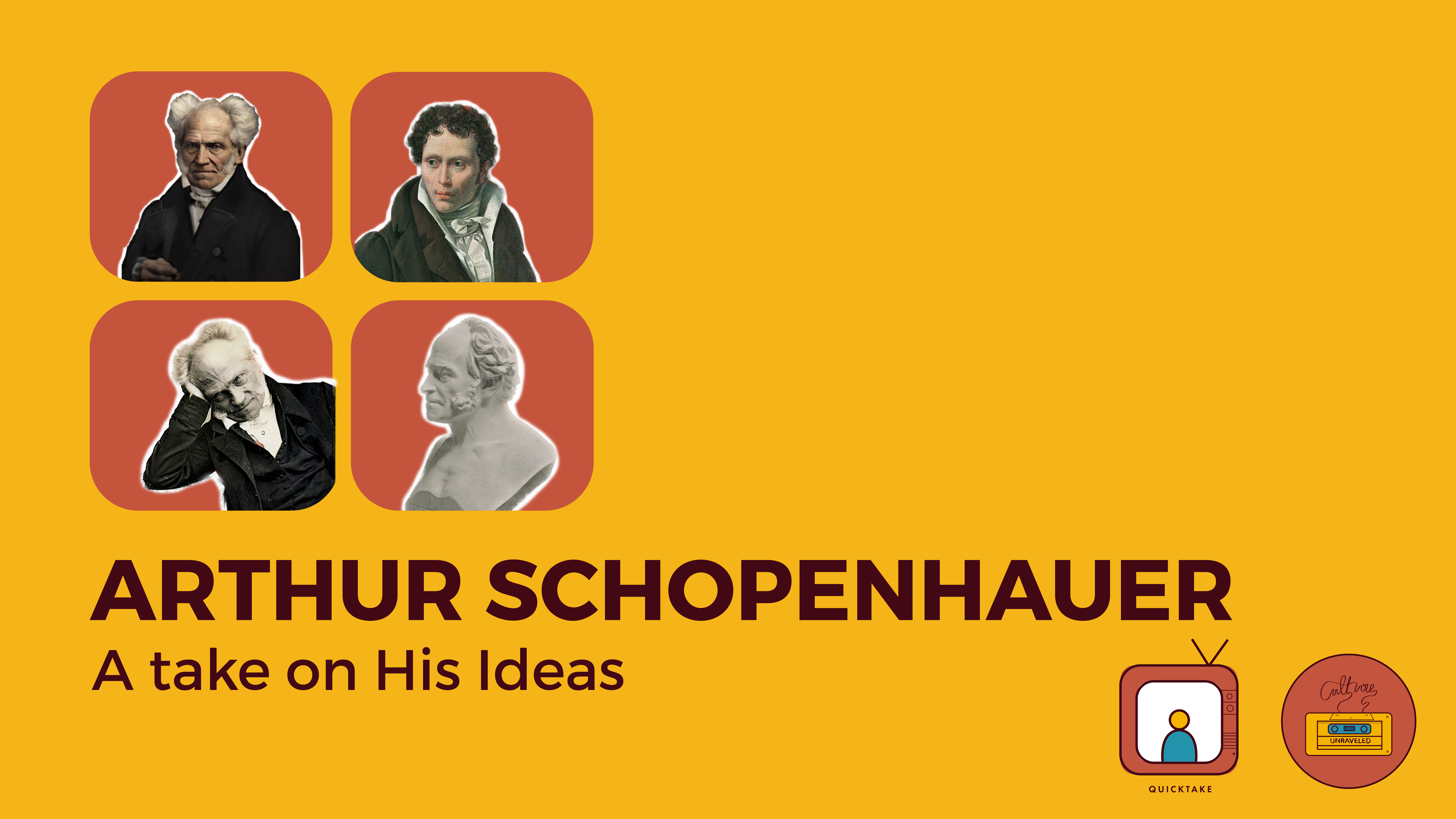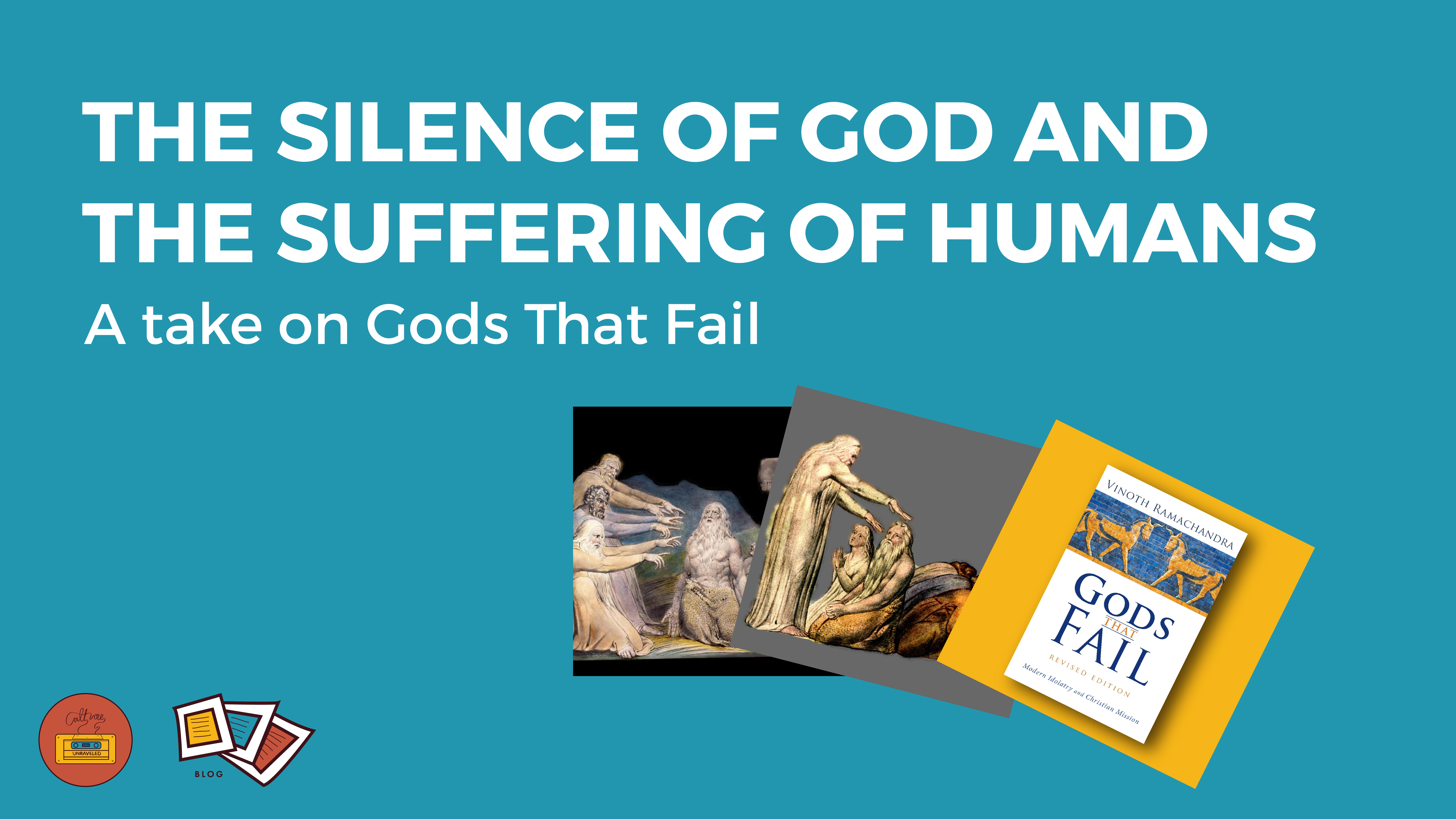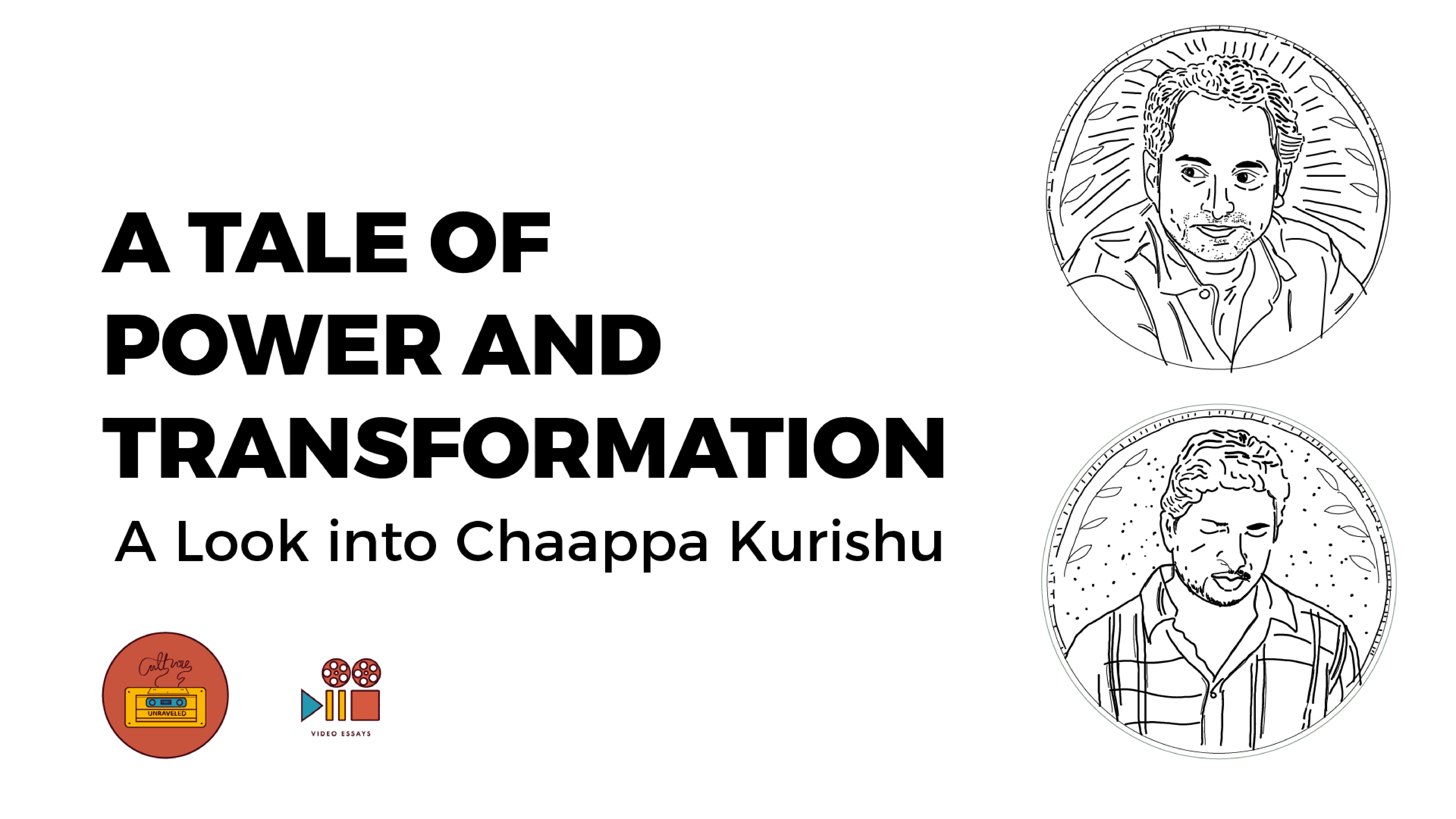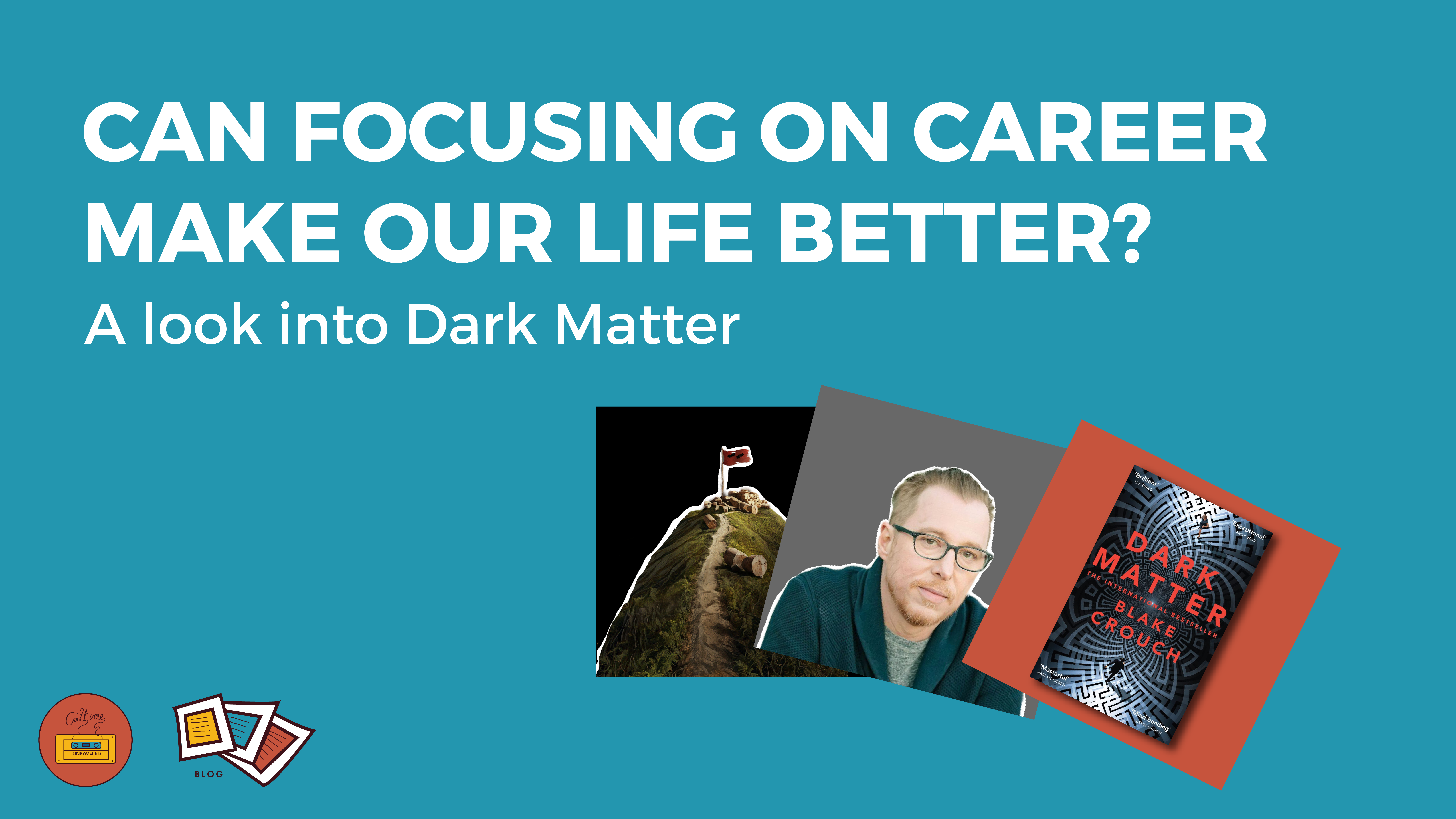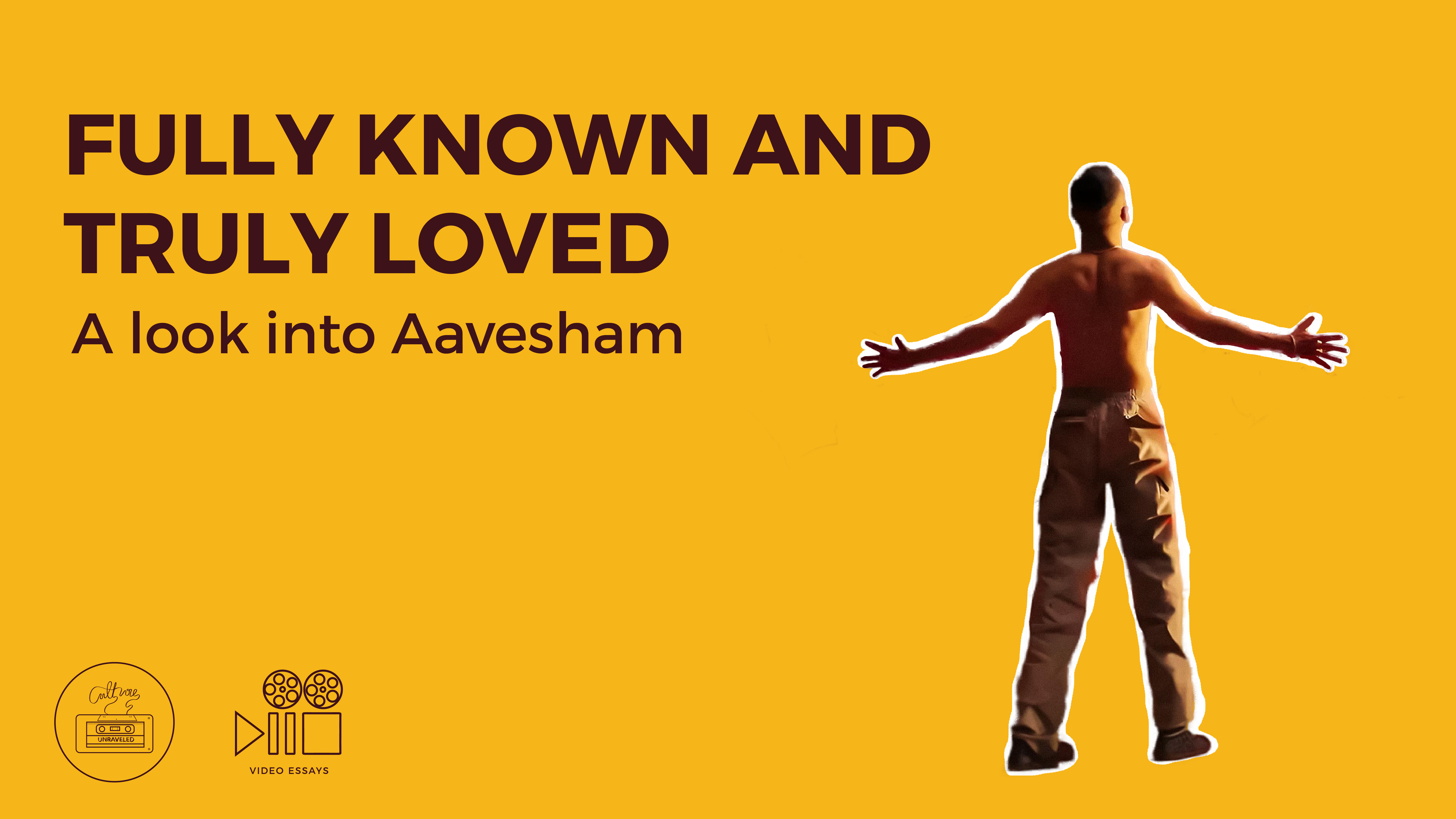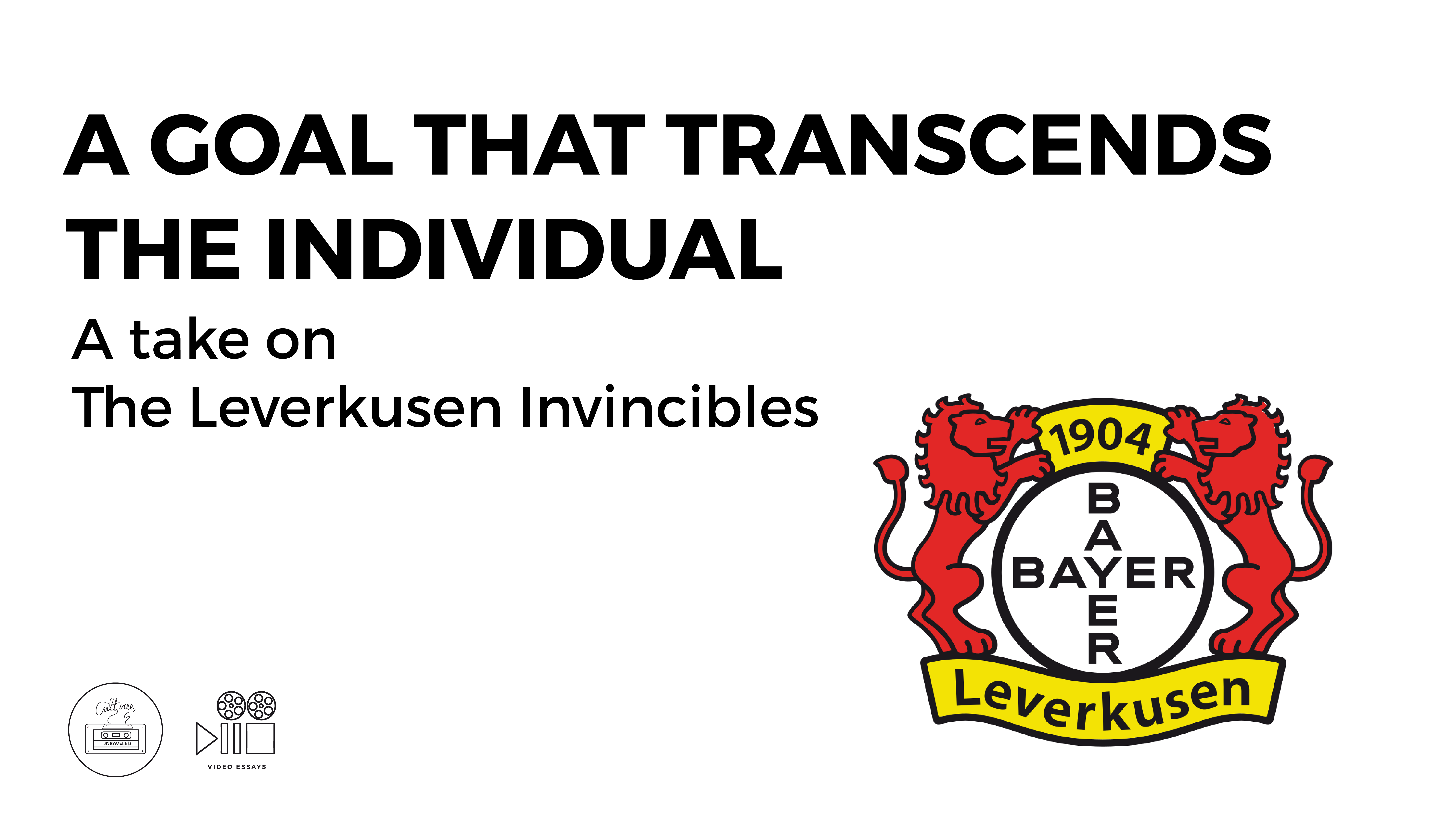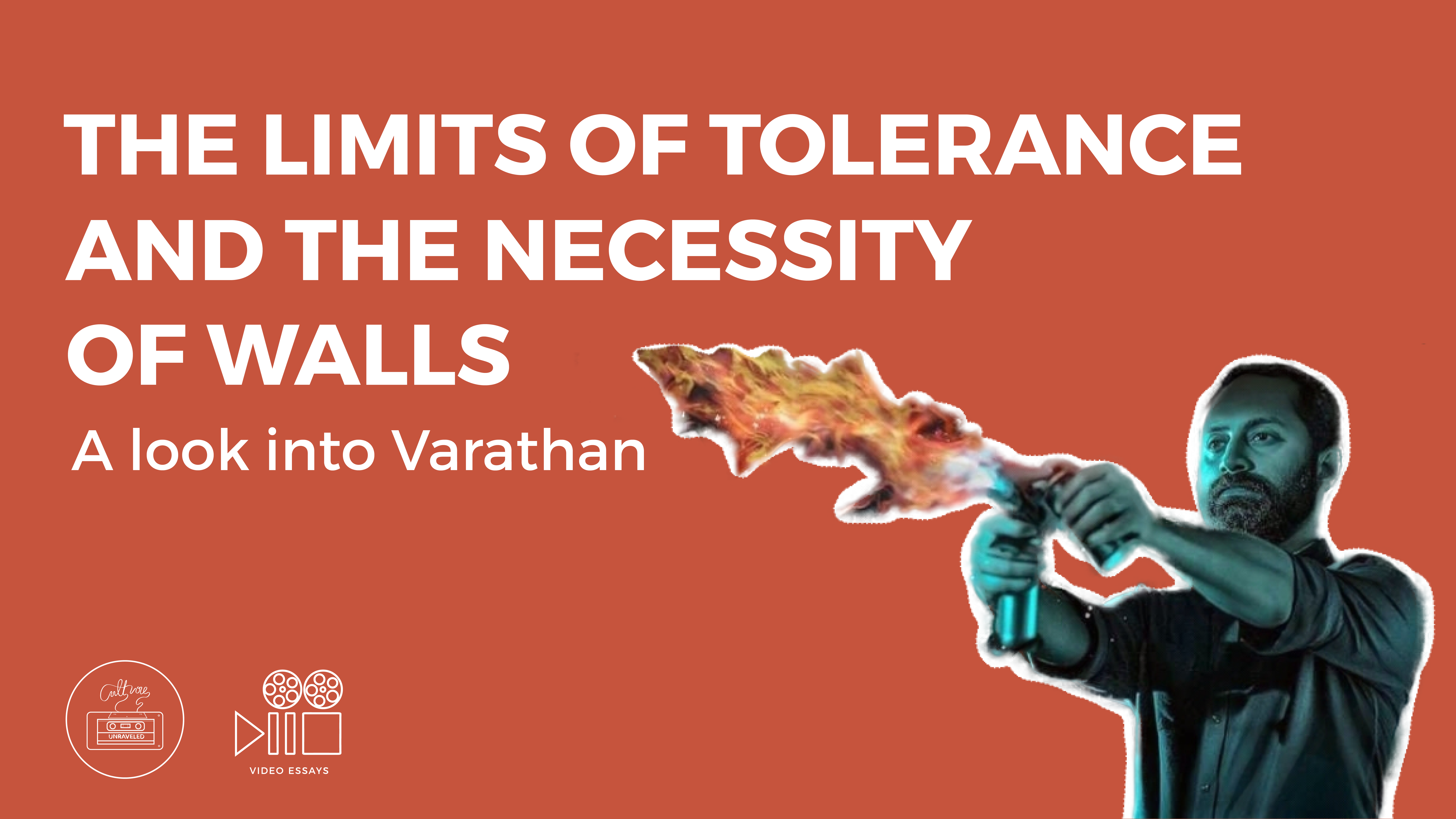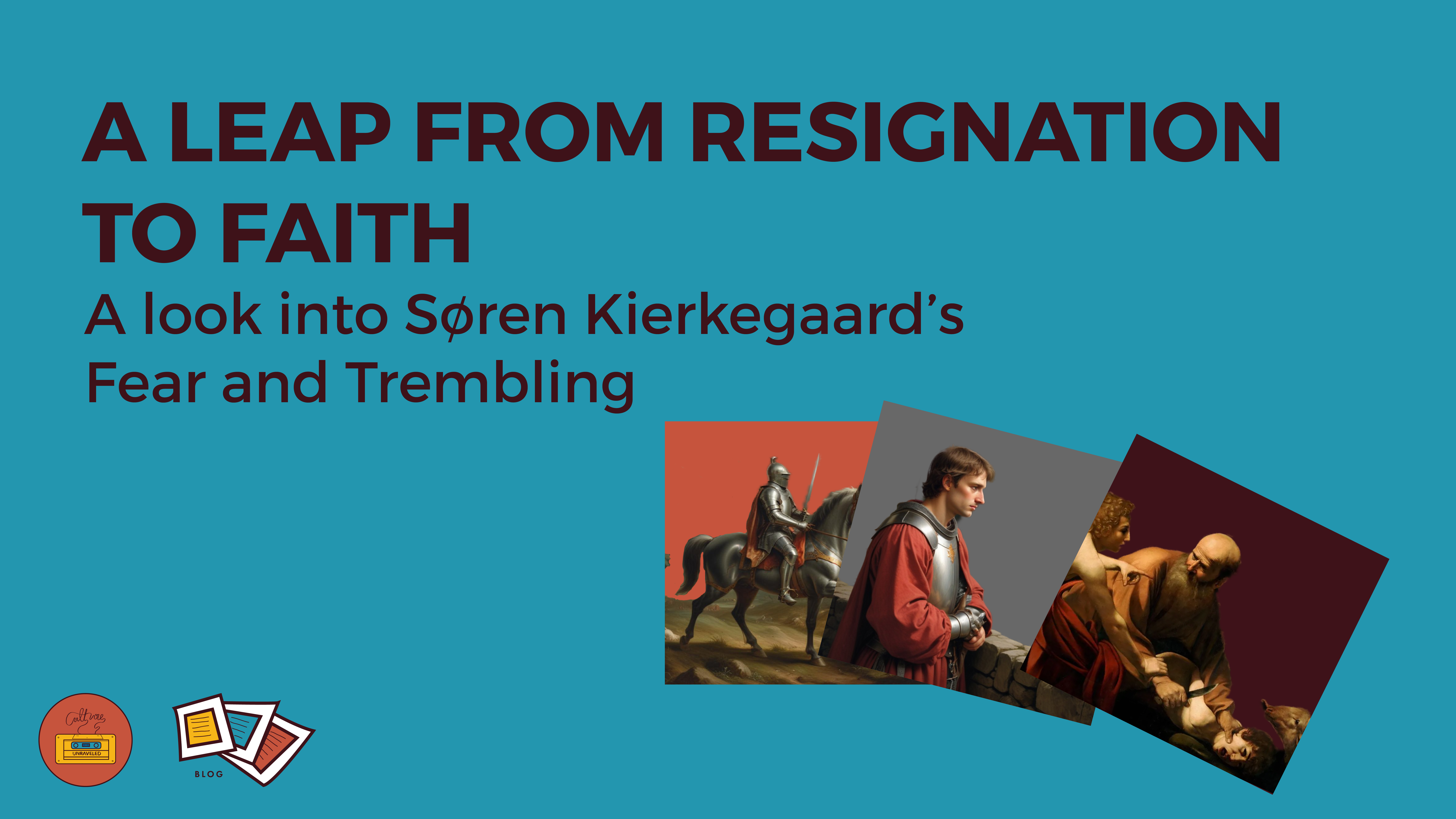
Can we clearly, coherently, and comprehensively speak about faith? It seems paradoxical for Kierkegaard to choose the pseudonym “Johannes de Silentio” (John of Silence) as the voice to speak about faith. In Fear and Trembling, Johannes uses the Old Testament story of the trial of Abraham to convey faith as an expression of one’s assurance in God’s character rather than a system of thought. The dominant Hegelian world of his time deemed faith as an elevated “system” to understand the absolute. However, for Kierkegaard, “Faith begins precisely where thinking leaves off.”
To draw the reader’s attention to “faith,” Johannes distinguishes between the Knight of Infinite Resignation and the Knight of Faith in his “Preamble from the Heart.” The story of Abraham’s trial shows his movement from being the Knight of Infinite Resignation to the Knight of Faith. Abraham’s unresolved submission to God makes him a Knight of Infinite Resignation. However, his faith in the impossible, through the virtue of the absurd, moves him forward as the Knight of Faith.
A Knight of Infinite Resignation is an individual who lives in the ethical realm of universal moral codes and fixed values. The person is so-called because they renounce their most cherished desire upon acknowledging that it is impossible to attain. The person still holds to its intrinsic value and cherishes it in their heart but is convinced that the earthly satisfaction of it is impossible. Thus, the Knight withdraws from any thoughts of attaining it, sacrificing and renouncing it, knowing it is absurd to believe in the possibility of attaining it. For example, when a boy loves a princess, whom he knows for sure he cannot attain, he sacrifices and renounces his desire to attain her but still retains the original passion in his heart as a beautiful, treasured memory.
Like a ballet dancer who leap up and comes down to the ground, both the Knight of Infinite Resignation and the Knight of Faith leap to the highest ethical level of sacrificing and renouncing their desires. However, the Knight of Infinite Resignation lands with a waver, resigning from believing in the impossible. The Knight of Faith, on the other hand, lands with remarkable balance and poise, having faith in the fulfilment of the impossible by virtue of the absurd. It is absurd to believe in the impossible, yet the Knight of Faith trusts that the impossible will be possible, not by human means, but by God’s power.
For Kierkegaard, to speak of the story of Abraham’s trial is to speak of the paradox of faith. It evokes both marvel and horror; it’s a story of the immense pain of sacrificing his beloved son and the joy of receiving him back in this life itself. True faith is rare and demanding. Those who claim to have it without experiencing the pain and struggle of resignation deceive themselves. Faith is not merely an aesthetic emotion or simple conviction but a profound spiritual act integrating the finite and infinite. Infinite resignation involves accepting loss and finding peace through personal strength, while faith goes further by believing in the absurd—that despite renouncing everything, one will receive it back through assurance in God’s power.
Abraham became great in proportion to his expectancy. “One became great through expecting the possible, another by expecting the eternal; but he who expected the impossible became greater than all.”
_________________________________________
Written by Shubhra Christy



